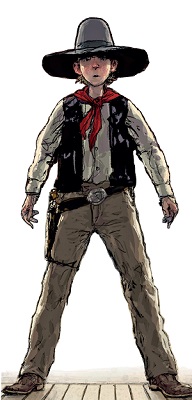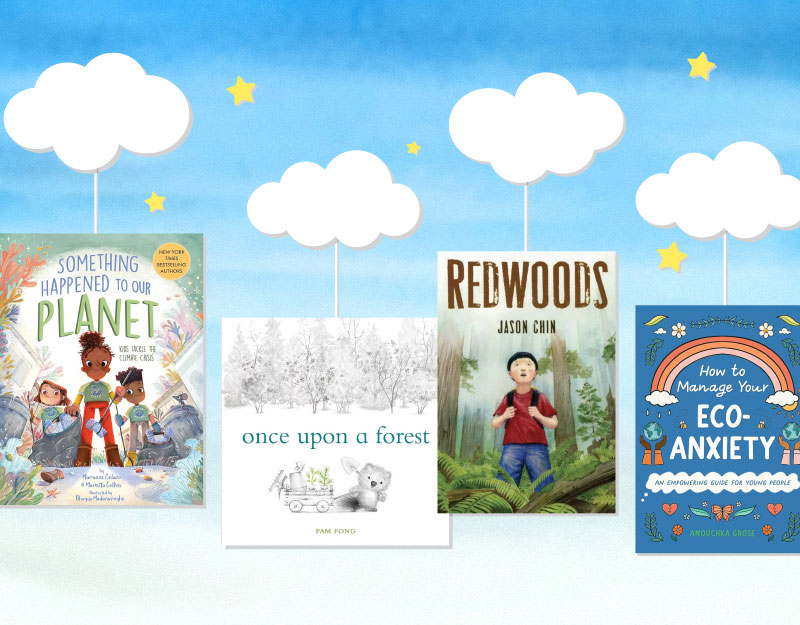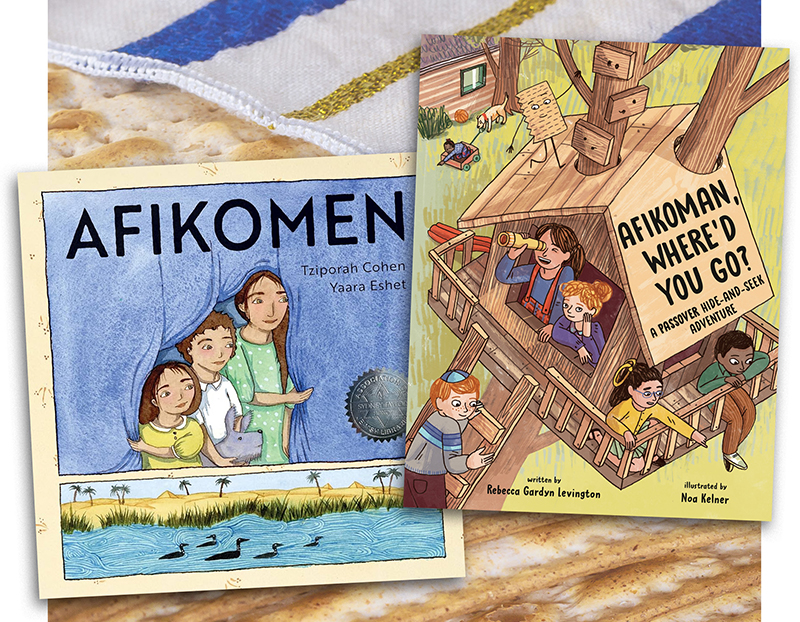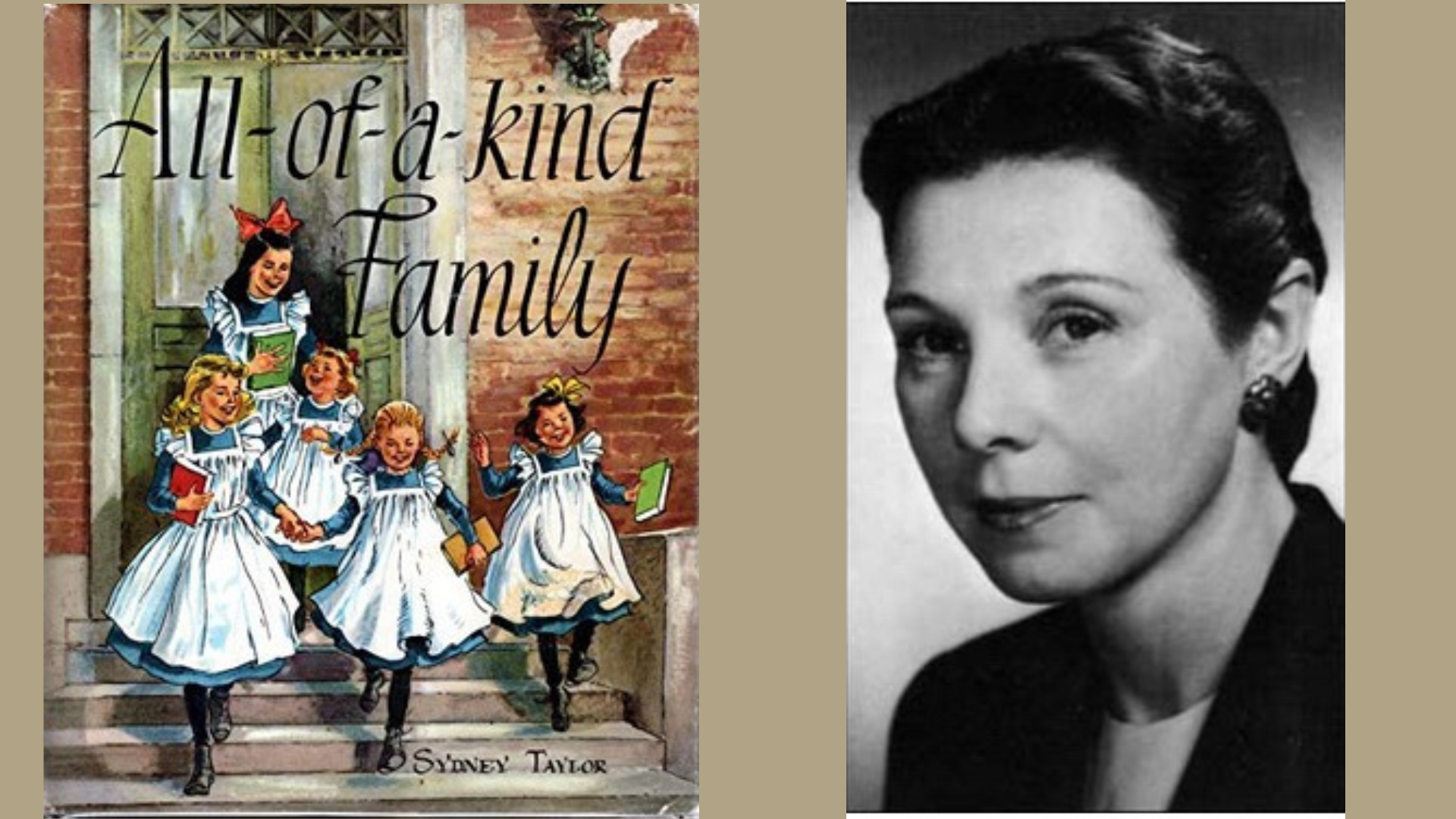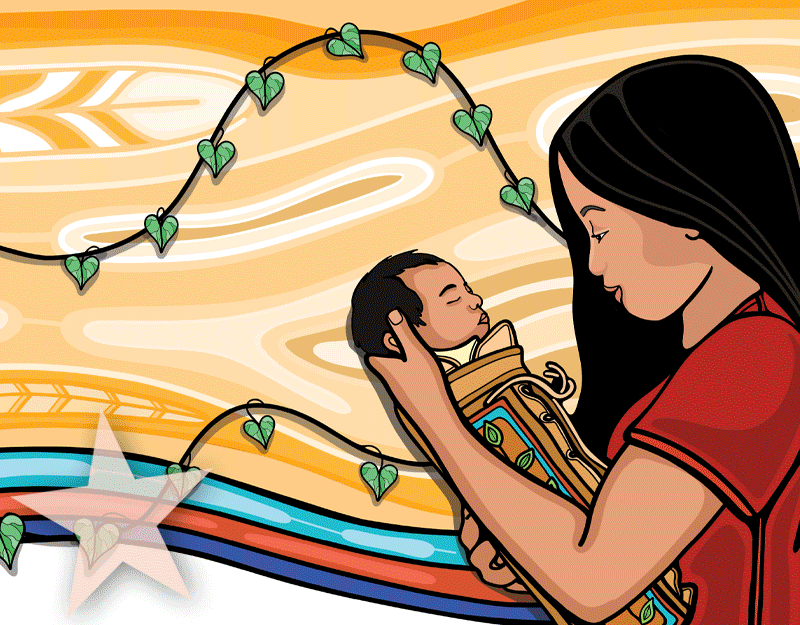Review of the Day: Jennifer Chan Is Not Alone by Tae Keller
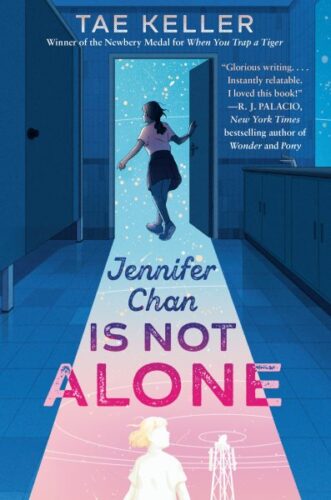
Jennifer Chan Is Not Alone
By Tae Keller
Random House Children’s Books
$17.99
ISBN: 9780593310526
Ages 9-12
On shelves now
I don’t like bully books. That’s a tough thing to say when you’re a librarian that reads tons of children’s titles for a living. It’s kind of like saying “I find breathing air annoying” or “I wish water were less inside my cells.” If you work with children’s literature then bully books are ubiquitous. Omnipresent. The lazy writer’s method of conjuring up quick conflict at a moment’s notice. As a kid I felt the same way, though. If I sensed even a whiff of bullying, I turned tail and ran the other way (though one always makes exceptions for the odd Harriet the Spy title, of course). These days I am a fully functioning adult, so I can pick and choose which books to read, and my fellow library workers know me well enough to steer me away from the bully lit. Once in a while, though, one sneaks through. It was my co-worker Brian that sold me on trying Tae Keller’s latest. I’d read When You Trap a Tiger and liked it fine, but nothing about it was powerful enough to overcome my instinctual avoidance of all things bullyish. “It kind of has some science fiction elements to it,” Brian said. At this, my ears pricked up. I love science fiction. He was quick to note that it was mild, but that hint of something otherworldly was enough to get me to give it a go. I started listening to the audiobook. Then, when that turned out to be too slow, I graduated to a physical copy. Is Jennifer Chan Is Not Alone a bully book? Yes, in the sense that bullying is the crux of the novel. But you might just as easily say that the book is less about bullying between kids and more about the bigger picture. How do we justify cruel behavior? Can a person who is essentially good still be considered good if they do bad things? To what extent does our position in society dictate our behavior, and does it have to? Bully books lack nuance. This book? A deeply nuanced take, unafraid to declare loudly that when it comes to human nature, there are no easy answers.
Some say the end of the world will come with a bang. Others, with a whimper. But Mal is fairly certain it’s already happened and it came with a buzz. At her school’s evening orchestra concert, Mal’s best friend Reagan has received a text with bad news: Jennifer Chan has run away from home. Through flashbacks, we find that over the summer Mal befriended Jennifer, the new girl, in a town in Florida that Mal flatly calls “Nowhereville”. Once school started, however, Jennifer’s upfront fascination with contacting aliens is a threat to not just her popularity but Mal’s as well. Cut to today and we learn that Jennifer ran away shortly after something terrible Mal and her friends did, which she simply calls “The Incident”. When Mal decides that there’s a distinct possibility that Jennifer may have actually successfully contacted aliens, she employs old friends, new friends, and all her resources to tracking Jennifer down. But will her sudden care be enough to make up for what she’s already done? What makes a person good or bad? And where is Jennifer?
ADVERTISEMENT
ADVERTISEMENT
I’m always intrigued by the choices a novelist makes when writing a book for kids. Do you write from one perspective? Two? Twenty? Do you stay entirely in the present or jump to the past? First person or third? Present tense or past tense? In the case of Jennifer Chan Keller mixes it up a bit. We’re in the present in the beginning with Mal. She flashes back to the past periodically, but it’s still all from her perspective. And then, all of a sudden, we’re occasionally reading the notebook entries of Jennifer, in the past, from her own first-person perspective. This caught me entirely off guard, particularly since I initially listened to the audiobook of this title and the casting director decided to cast a different actress to do the voice of Jennifer during these sequences. It has the interesting effect of giving the reader a little shock. You’re so embedded in Mal’s mind, within Mal’s self-justifications, that to actually hear from the missing girl herself (albeit from before she went missing) hits you differently. I wonder if it also has the effect of calling into question Mal’s motives too. Not to say that Keller ever goes so far as to make Mal an unreliable narrator per se. But aren’t all first-person narratives unreliable to some extent? Hearing Jennifer defend herself by merely being herself and telling her own story throws the reader’s focus outside of Mal’s mind. The obvious benefit to the story is that the distance, however brief, doesn’t make you unsympathetic to your usual narrator, but neither are you going to just go along with every justification she pulls out of the ether. Clever.
I’m going back through the book right now, to try to pinpoint that moment when you believe, care, and invest in Mal versus the moment when you realize the full extent of the horrible acts she’s participated in. This book could only have worked if it began from Mal’s p.o.v. The first person narration lets you see her friends through her eyes. At what point does Keller let you realize that you’re essentially hanging out with the school mean girls? For some, it may be as late as the moment when Jennifer literally realizes that Mal is not worthy of her friendship and says, point blank, “Oh. I get it. You’re mean girls.” Jennifer’s the type to say the quiet part loud, so to speak, but that realization, in spite of everything we’ve heard until now, may well be the one that a lot of kid readers have at the same time. Because Keller isn’t dealing with the usual bullying stereotypes. I’m not saying we’ve never seen middle grade novels from the bullies’ perspective before, but Jennifer Chan Is Not Alone is different in a lot of ways. Mal spends a great deal of time wrestling with the question of whether or not she’s a bad person. It would be interesting to count the number of times one character or another asks the people around them that very question. “Am I a bad person?” What is a bad person anyway? Mal seems nice when you’re living inside of her head, but we see her do terrible things, sometimes actively, sometimes passively. And how does that make her any different than us? Is the reader complicit by sympathizing with her? Would love to hear kids debate this idea.
Much of what Keller captures so brilliantly is that middle school feeling of trying to keep your head low. Not every book for kids that I read brings me back to that time, but this one sure did. I didn’t have popular friends so Mal’s fate was not my own, but attempting to disappear into the woodwork was very much my own specialty. When Mal sees a crowd gathering to watch a confrontation between Jennifer and the casually awful Pete, she wishes desperately that someone would intervene. Just not her. Never her. It’s incredibly easy to take this middle school setting and apply it to the wider world. People aren’t at their worst selves in middle school. They may just be more honest about how they actually feel, is all. Keller probes that distinction. She makes the details specific to this story, universal. I would wager that there’s not a person out there who wouldn’t be able to relate to something that Mal says or feels at one time or another. Her character is so beautifully drawn, allowing the reader to love and loathe her by turns because, honestly, we may feel culpable at times.
The dialogue and writing between characters could easily devolve into a series of platitudes forced upon the reader by the author. Instead, they not only come off sounding natural, but inevitable. In one scene Mal’s talking to a girl named Kath and they’re getting into the weeds of what being a good person is. Mal says, “Maybe it’s more complicated than knowing the right thing. Maybe people are just trying to balance helping other people and keeping themselves safe.” Kath replies, “Maybe. But sometimes I think complicated is the word people use when they don’t want to think too hard.” And then Keller does this elegant maneuver not two pages later. It’s really adept, so you kind of have to see it for yourself, but she manages to go from this conversation about being a good person to the two characters effortlessly making fun of their classmate Tess. When they realize what they’re doing the pull up short, but the shared connection they felt when they were mean to a third party? It’s something so many of us have done. Does the fact that they feel bad about it make them better people than those of us that never thought twice?
Oh. And there are some aliens. The greatest compliment I could probably give to this book is to say that the aliens are possibly the least interesting aspect of this story. I can guarantee that some poor kid is going to be told that this is a definite science fiction tale, only to be disappointed to find that it’s a lot of ethical dilemmas and moral quandaries and very few little green men. Keller’s always been comfortable mixing the magical with her reality, but here’s it’s more of a seasoning than a main course. It provides just the slightest hint of the otherworldly, which I must say really helps propel you through some of the more difficult moments. At the same time, when I put this book down at the end of the day, the unsolved nature of whether or not there really are aliens didn’t perturb me in the least. I was much more perturbed by the question of how the friendships in this book will ultimately fall out.
I don’t like bully books. But I will go to my grave defending and championing Jennifer Chan Is Not Alone. More to the point, I know I would have really enjoyed this book as a kid too. Come for the aliens. Stay for man’s inhumanity to man. I like a middle grade novel that takes a great big swing. A story about a girl who runs away after she’s been bullied doesn’t sound particularly great on paper, but like all great authors, Tae Keller can take that seemingly simple material and turn it into a serious consideration of what we owe each other. There’s philosophy embedded in its pages, and you don’t have to scratch too deeply to find it. This is a book for the bullied, the bullies, and the onlookers. It provides no solutions but there’s comfort lodged in its title and repeated by Tae Keller at the end of her Author’s Note:
“Know that you are not alone.”
On shelves now.
Source: Galley sent from publisher for review.
Filed under: Best Books, Best Books of 2022, Reviews, Reviews 2022
About Betsy Bird
Betsy Bird is currently the Collection Development Manager of the Evanston Public Library system and a former Materials Specialist for New York Public Library. She has served on Newbery, written for Horn Book, and has done other lovely little things that she'd love to tell you about but that she's sure you'd find more interesting to hear of in person. Her opinions are her own and do not reflect those of EPL, SLJ, or any of the other acronyms you might be able to name. Follow her on Twitter: @fuseeight.
ADVERTISEMENT
ADVERTISEMENT
SLJ Blog Network
One Star Review, Guess Who? (#202)
Exclusive: Giant Magical Otters Invade New Hex Vet Graphic Novel | News
Parsing Religion in Public Schools
Take Five: LGBTQIA+ Middle Grade Novels
ADVERTISEMENT



